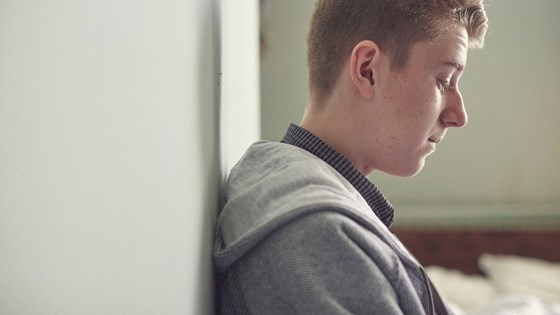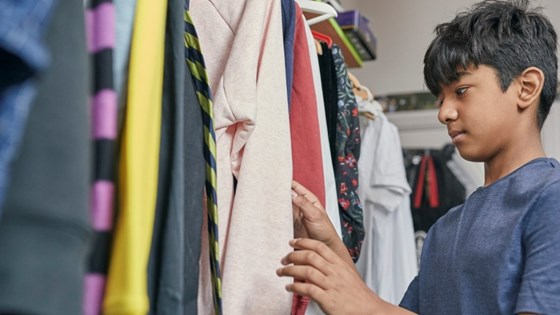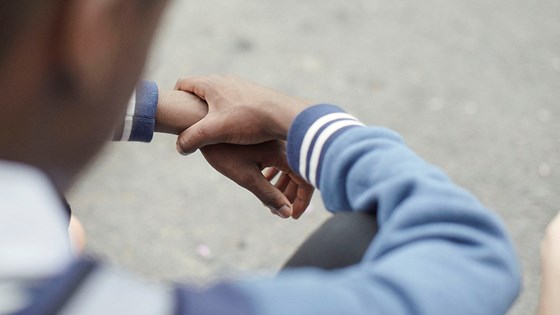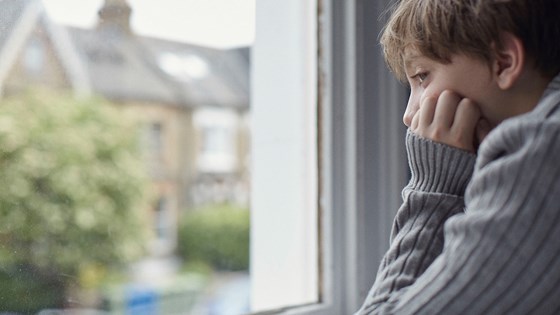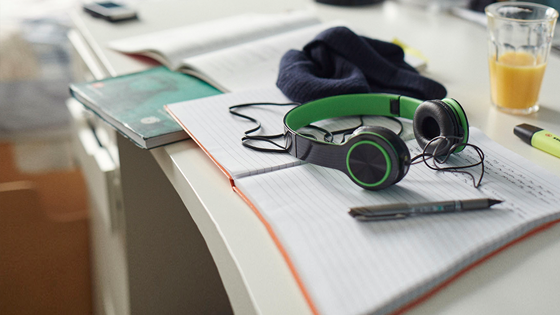Your parents or carers need to make sure you’re looked after properly, even if sometimes they can’t do it. Speaking to someone about being neglected doesn't mean that you'll automatically be taken into care. The police and social services are there to protect you from being neglected and are there to help families with whatever problems they are having. They will only arrange for you to spend time in care if they think it’s too dangerous for you to live at home.
Sometimes social services might want brothers and sisters to live in different places so they can make sure each child is looked after properly. They can't promise that you will all stay in the same place but they will always try to keep a family together in their home as long as it is safe to do this.
A first step to your family getting help is to talk to someone you trust such as a teacher or a friend's parent and tell them what is happening. Often it can help if someone from outside your family looks to see where support is needed.
If you feel that you don’t want to talk to anyone you know about what's happening or are too scared, you can always talk to a Childline counsellor.


